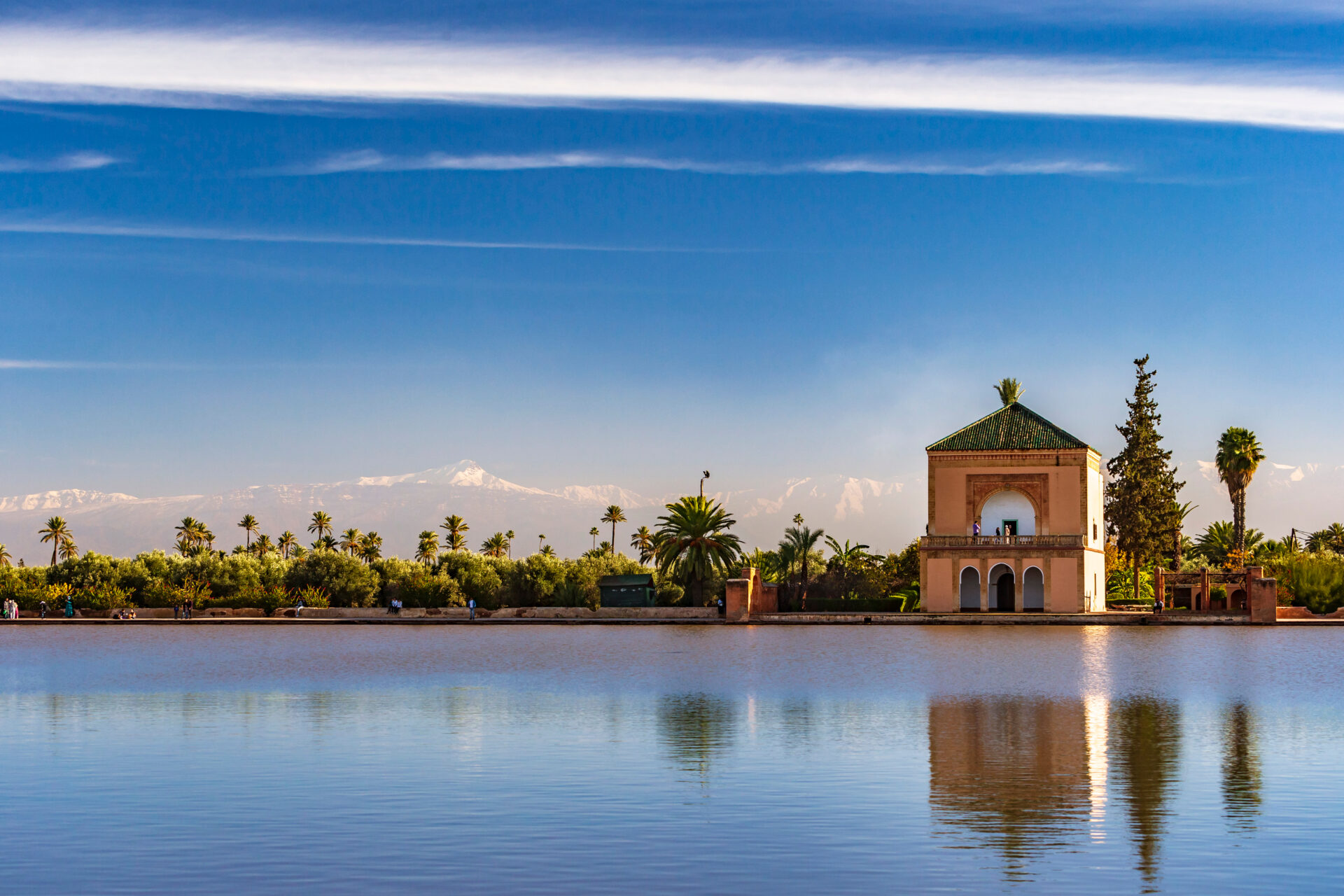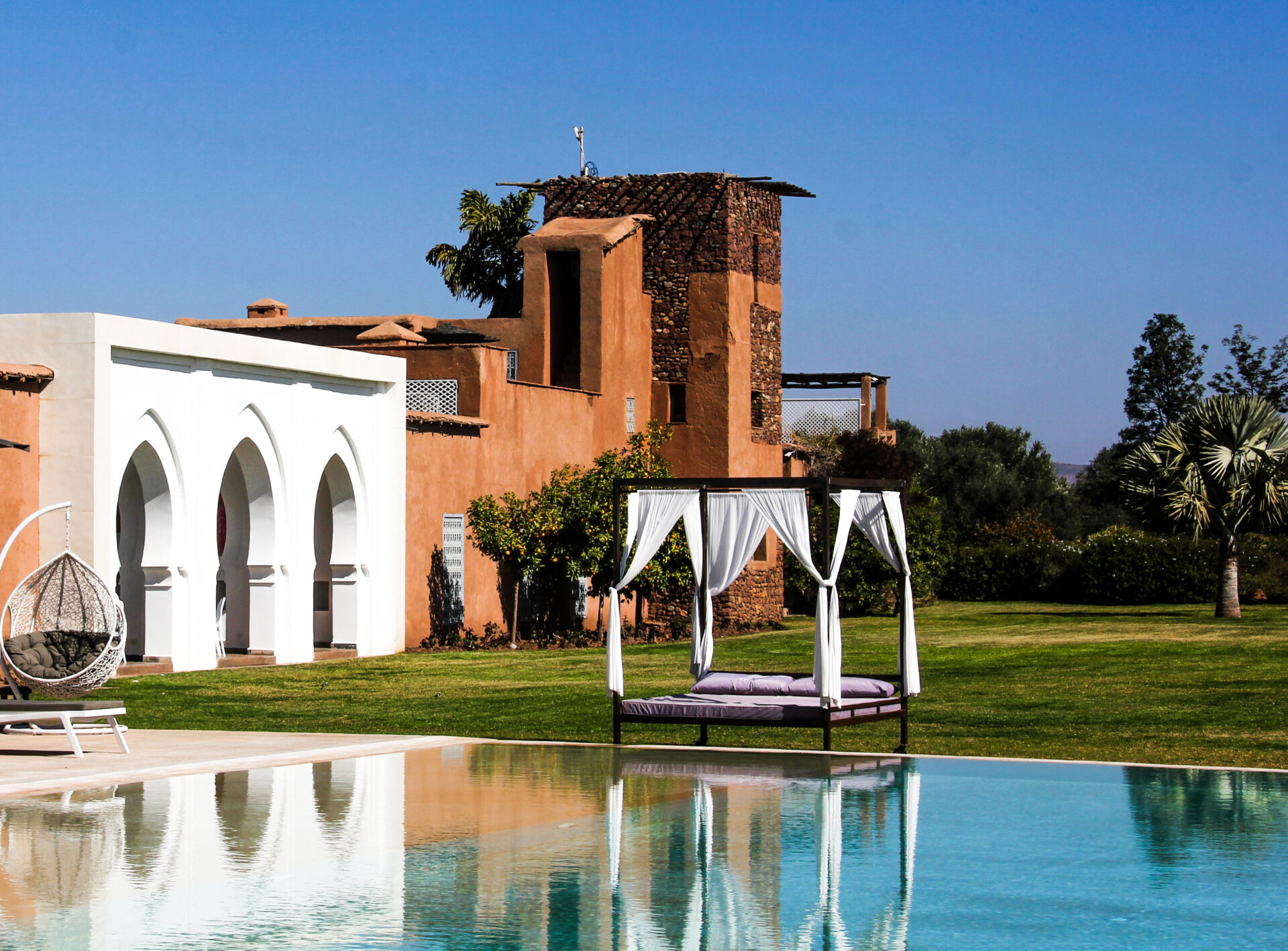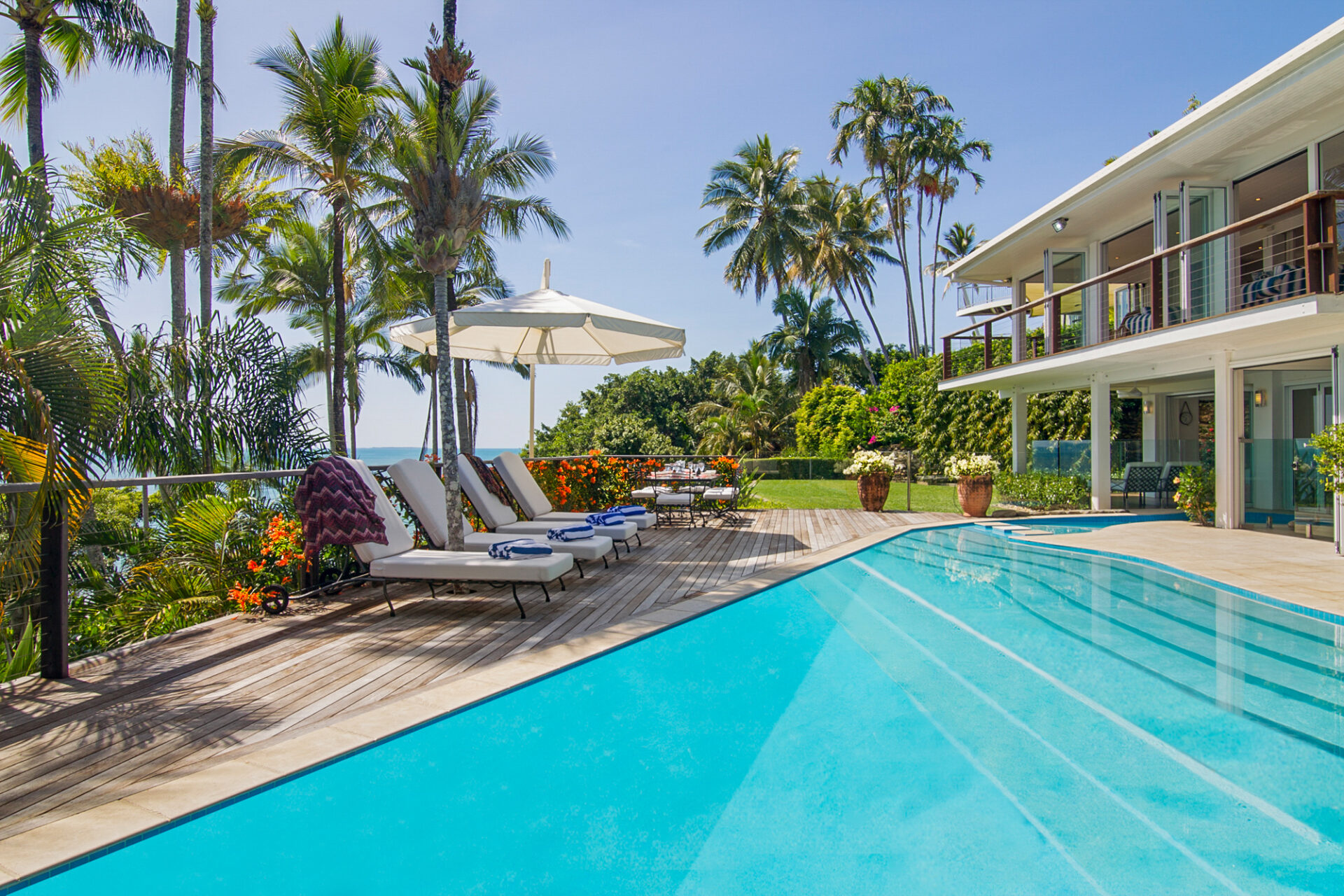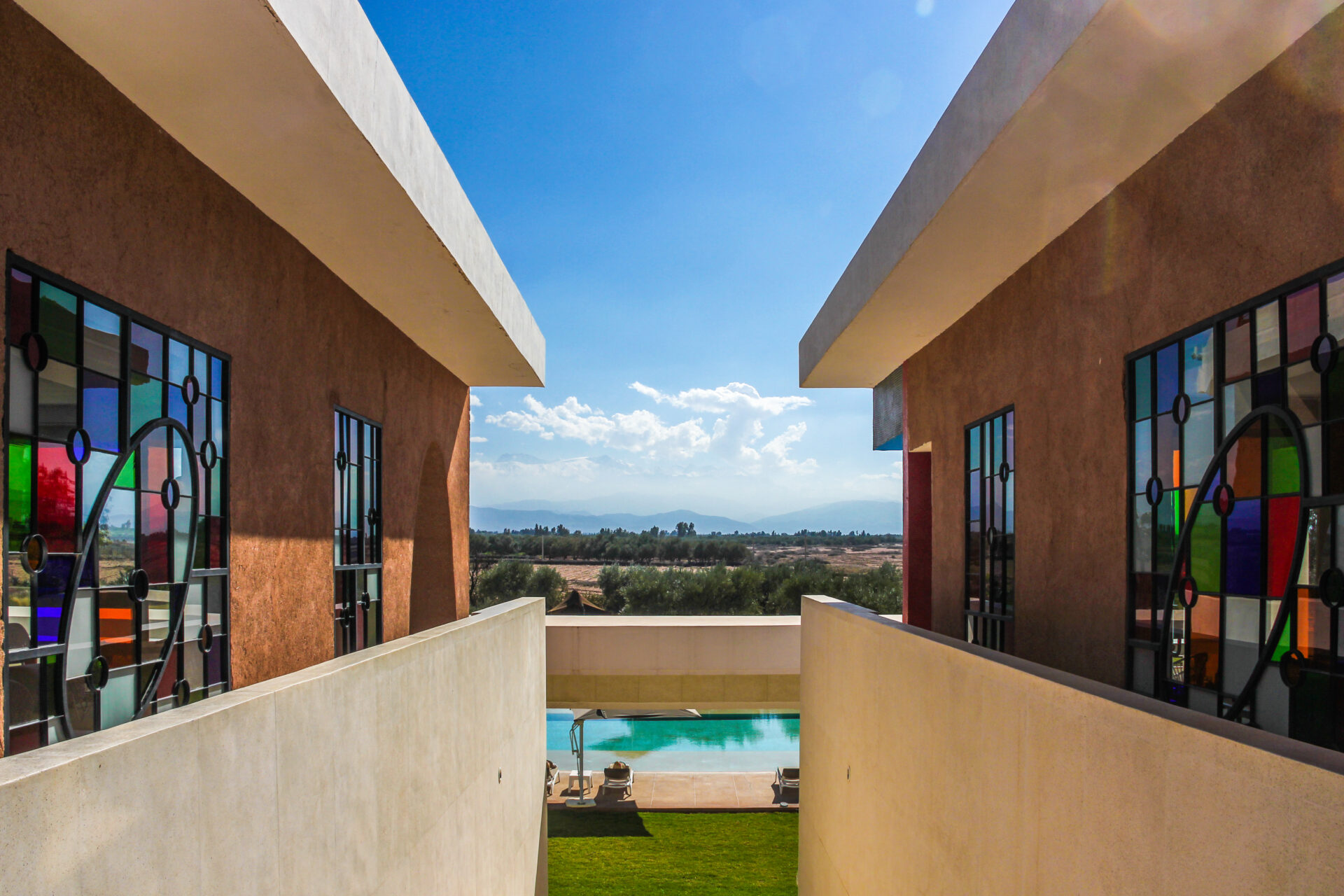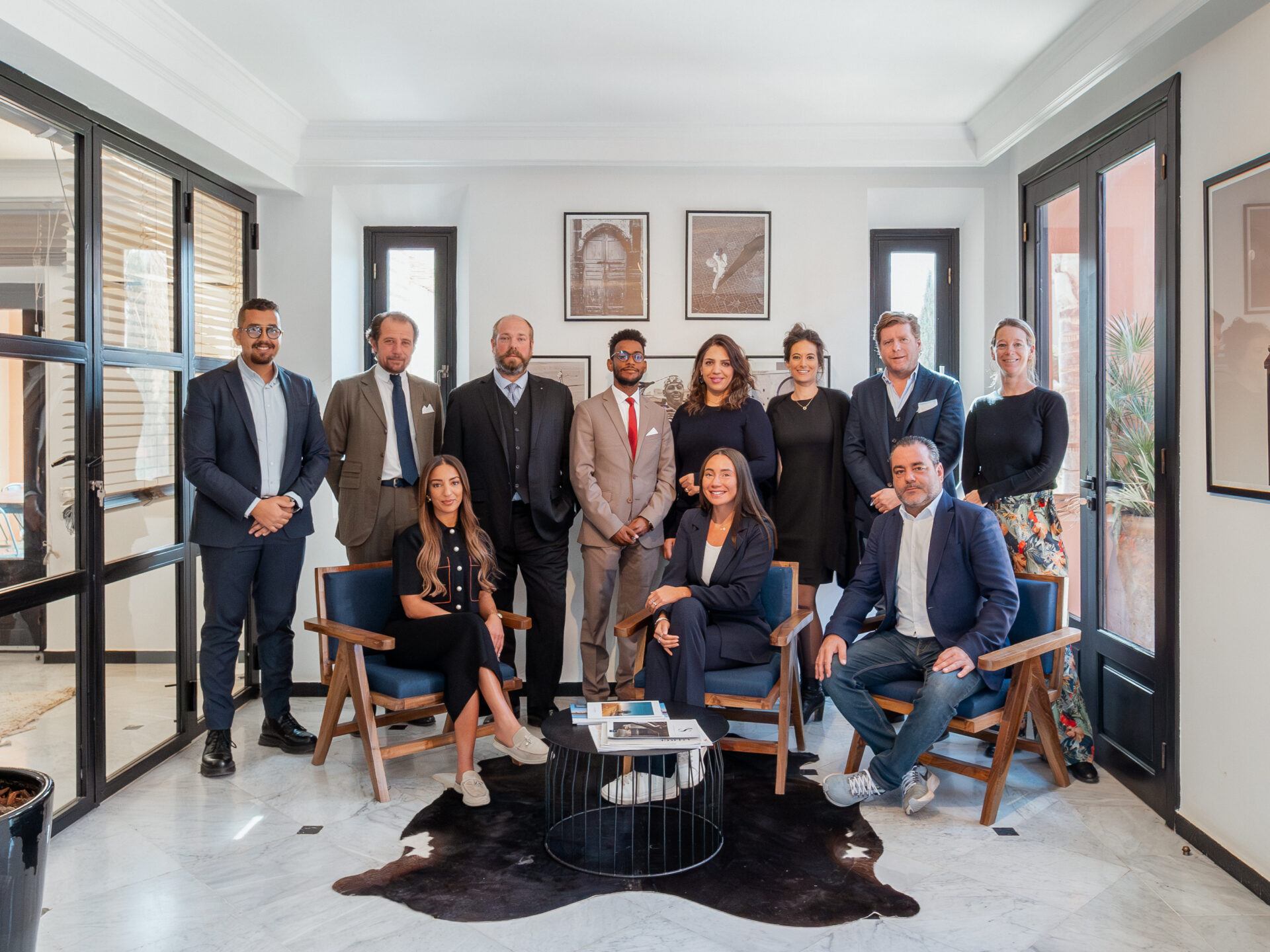For several years now, Morocco has put in place measures to facilitate and secure real estate investment by foreigners, without the need for them to reside in Morocco.
In order to take advantage of these incentives and facilitation measures, it is however advisable to be well accompanied in the acquisition process.
In Morocco, the law prohibits the acquisition by foreigners, whether natural or legal persons, of agricultural land or land with an agricultural vocation, bearing in mind that a legal person will be considered as foreign if it is not wholly owned by Moroccan persons. Two nationalities are exceptions to this law, Senegalese and Tunisians. However, a foreign investor may apply for a non-agricultural vocation certificate (or AVNA), which has the effect of making a piece of rural land lose its agricultural vocation.
The AVNA is obtained in two stages: first, a provisional certificate issued on the basis of a project and a sales agreement between the investor and the current owner of the land. Secondly, a final certificate issued after on-site verification of the project’s implementation by a specific commission. The AVNA is issued by the Wali of the region where the land or property is located after receiving the opinion of the Unified Regional Investment Commission, which he chairs, except in the case of delegation to the President of the Regional Investment Centre (CRI).
The provisional AVNA usually contains a withdrawal clause prohibiting the transfer of the land concerned. The provisional NALA may also prohibit any change in the ownership of the acquiring company. The investor must carry out the project under the terms and conditions set out in the provisional NALA. Otherwise, the final AVNA will not be granted. Considering that the issuance of the AVNA is becoming increasingly complicated, it is essential to ensure this point before any acquisition of a property located outside the urban perimeter, knowing that many real estate advertisements do not specify this point and that the subject of the AVNA has very often been the cause of many disappointments.
“The notary will have to check the particulars before any acquisition.”
The Moroccan land tenure system retains several particularities that may apply in the context of certain properties, most of which are located in the medinas or rural areas. Below are some of these particularities that the notary will have to check before any acquisition.
The right of “Houa”: applies mainly to property located in the Medina. It consists of a person owning a floor or a building above a building belonging to another owner. This element can constrain or limit the renovation works of a riad, for example.
The right of “Zina”: is common in certain historical districts of the medina of Marrakech (the Kasbah or the Mellah). The embellishment and improvement of a property by its occupant and with his own money, gives the occupant the use of the construction in return for a fee. The land remains the property of someone else. The acquisition of the building and the land is feasible, but it is necessary to check the feasibility before any acquisition.
A “Guiche” property is a piece of land or property that was historically given by the Sultans to soldiers returning from wars or battles. A “guiche” property always belongs to the Moroccan State even if it has been passed on to heirs. In practice, a “guiche” property cannot be sold, one can only benefit from a right of enjoyment, through renting.
Public domain property: there is land that belongs to the Moroccan public domain, i.e. to the State. This land covers certain forest or maritime domains and all construction is prohibited for reasons of environmental protection, or it is used by public services, or it is reserved for the realisation of projects carried out by the State. Most generally, these properties are inalienable.
